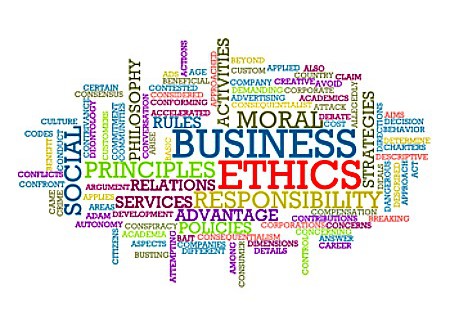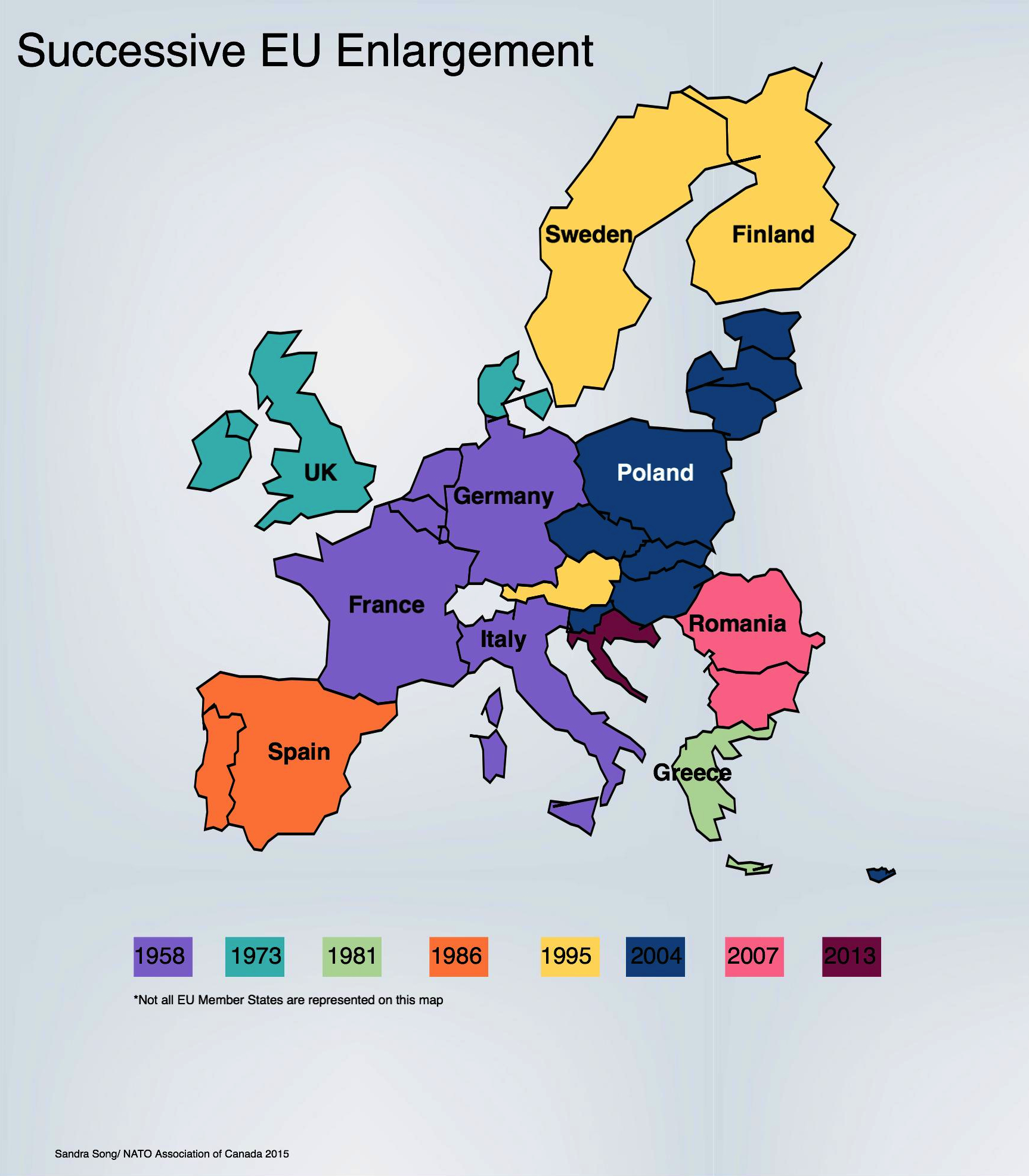To know more about Canada’s role in the Commonwealth: join us at event “Business Opportunities in the Commonwealth.”
What is Corporate Social Responsibility and Why Does It Matter?
Corporate Social Responsibility (CSR) is defined by Canada’s Department of Foreign Affairs and International Trade (DFAIT) as “the voluntary activities undertaken by a company to operate in an economic, social and environmentally sustainable manner.” Many companies employ a broader definition to capture more philanthropic efforts that extend beyond their day-to-day operations and are intended to have a positive impact on their community.
CSR is important because corporations – especially global enterprises – are in a position to do both an extraordinary amount of harm and an extraordinary amount of good. As globalization continues to define the international economy, state markets are becoming increasingly intertwined and there has been a significant rise in public-private partnerships. As a result, there has also been a sharp escalation in the social roles corporations are expected to play. Some have called this rise in corporate social responsibility “the era of conscious capitalism.” Socially responsible practices are morally upheld and are also good for business.
Corporations appear increasingly eager to engage in CSR given that they stand to reap many positive benefits. Not only does it help their corporate image but good CSR programs can also help attract highly motivated and talented recruits, strengthen relationships with clients, boost employee morale and increase the company’s recognition.
Canada, the Commonwealth, and Corporate Social Responsibility
The Government of Canada has stated that it is strongly committed to CSR and “expects and encourages all Canadian companies operating internationally to respect all applicable laws and international standards.” In addition to setting standards related to transparency, anti-corruption, and bribery, Canada has actively promoted guidelines set forth by the Organisation for Economic Cooperation and Development (OECD) for extractive industries.
According to the DFAIT website, Canada promotes CSR abroad through multilateral institutions like the OECD, la Francophonie, and the Commonwealth. The guidelines laid out by the OECD and adopted by Canada are consistent with the values and responsibilities espoused by the Commonwealth Business Council. In both cases, these organizations emphasize the importance of transparency, good governance, and engagement with local communities. As such, an established CSR framework is well within reach. Since the Commonwealth has a broader membership than the OECD – which consists mainly of developed countries with high gross domestic products – it must take on a greater and more explicit role in establishing CSR guidelines and mechanisms for ensuring accountability for Commonwealth country companies working in other Commonwealth countries.
There is reason to believe that the Commonwealth can act as an effective CSR guide as trade between Commonwealth countries continues to grow. The Commonwealth is no stranger to socially responsible action. For example, the Commonwealth Secretariat has a Human Rights Unit that regularly conducts human rights training and similar programming to support member states. The Commonwealth has also previously expressed an interest in developing clear policy frameworks to guide business investment in CSR and has noted that responsible business practices can be encouraged through regulations, penalties, and tax incentives. Kamalesh Sharma, the current Commonwealth Secretary General, has discussed the importance of focusing on women as entrepreneurs and has emphasized the role that business leaders can play in accelerating social, economic, and political progress in members states.
As Trade Expands So Should CSR
The Canadian Government and Canadian companies are in a prime position to be corporate social responsibility leaders. Our economy is incredibly reliant on the United States; a trend that Prime Minister Stephen Harper seems bent on reversing. Under Harper’s leadership, Canada has pursued comprehensive trade agreements with the European Union, China, and the Caribbean Community. As Canada continues to expand and diversify its trade relations, the importance of maintaining a high standard of social responsibility should not be forgotten.
The benefits of trade between Commonwealth countries have been established. A unified corporate social responsibility strategy has the potential to incur enormous benefits for both Canadian companies and Commonwealth citizens.




